WATER-WASSER-ÁGUA
Deutsch PortuguêsMEDI-DATE with the ELEMENTS
Clean water is an immensely precious resource. Without water there is no life.
Some Environmental Issues Related to Water
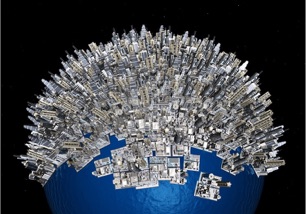
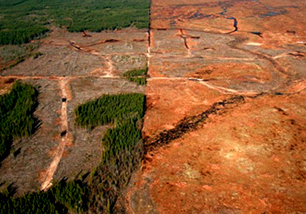

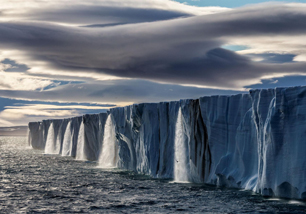

Did you know?
To produce 150 gr beef burger 2350 liters of water is needed, a soyburger only 158 liters and a veggieburger even less.A cigarette butt can contaminate 200 liters of water.
One container ship pollutes equally as 50 million cars.
The poorest 20% of the population in Asia and Africa spend between 3 to 11% of their household income on water. This calculation does not include the cost of the time women spend on collecting water and managing water and sanitation facilities.
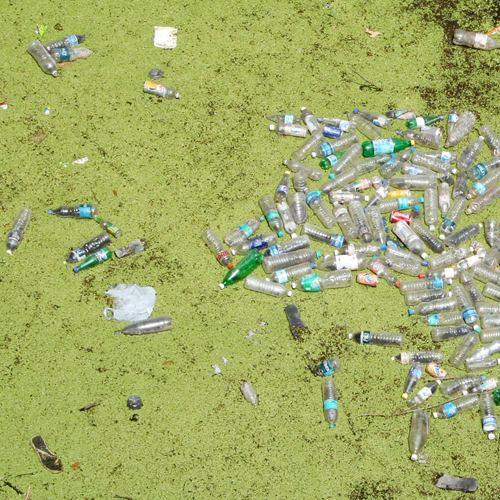
Fertilizer/Plastic
Pollution
Oilspill
Contaminating gulf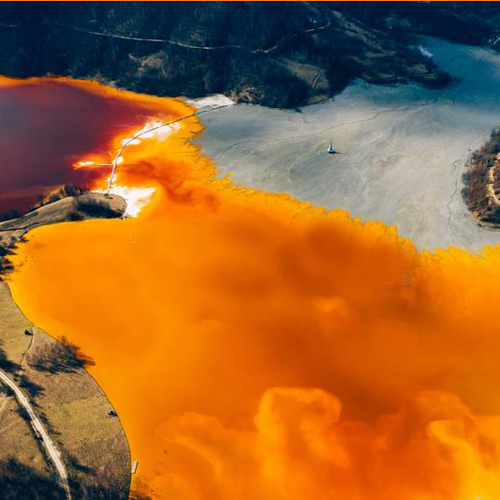
Contamination
Toxic Coppercyanide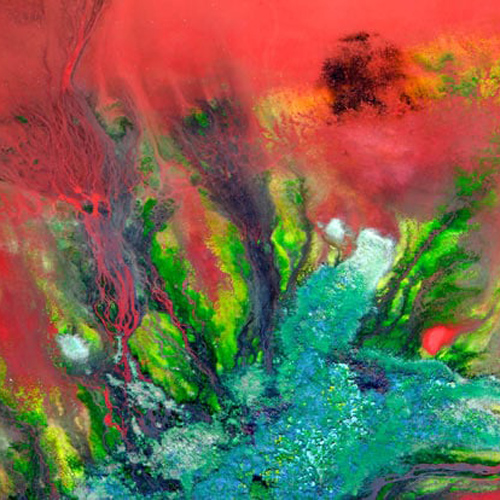
Bauxite residue
alkaline contamination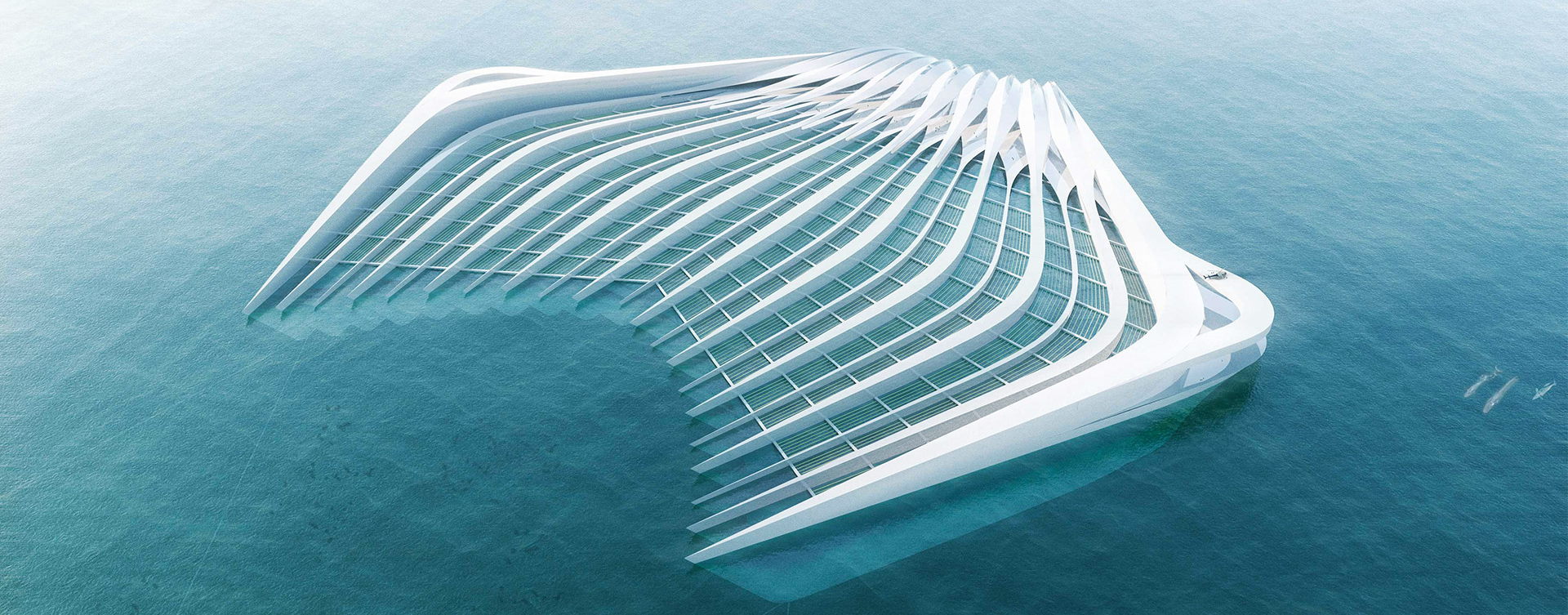 Cleaning Machine 400 meters long 35m deep shaped like a fishbone sweeps up plastic after calming down the waters.
Cleaning Machine 400 meters long 35m deep shaped like a fishbone sweeps up plastic after calming down the waters.
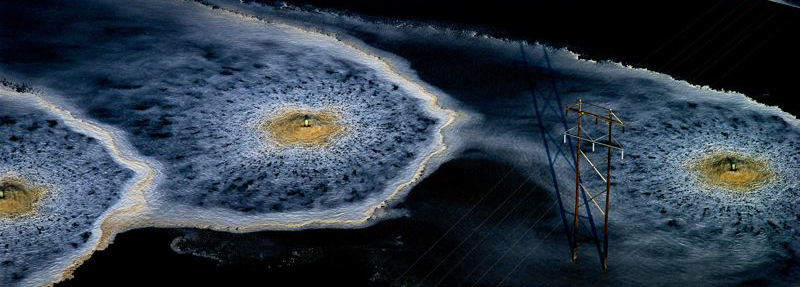 System to recycle wastewater, like geysers, these pumps mix millions of liters of water, slowly purifying it.
System to recycle wastewater, like geysers, these pumps mix millions of liters of water, slowly purifying it.
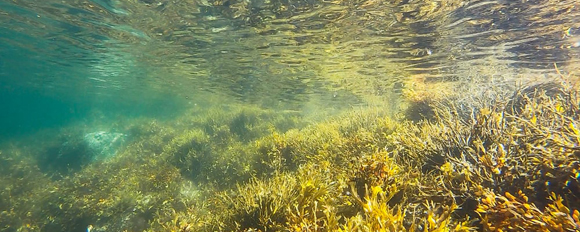 "Blue carbon" ecosystems (Seaweed forest) can take up 20 times more CO2 from the atmosphere than land-based forests.
"Blue carbon" ecosystems (Seaweed forest) can take up 20 times more CO2 from the atmosphere than land-based forests.
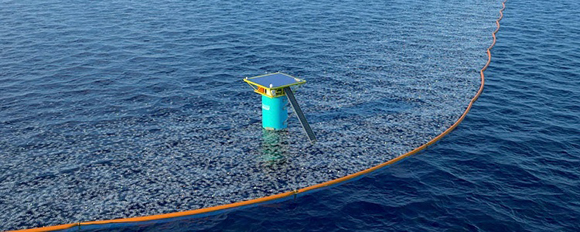 Ocean gyres scooping up marine debris as the barrier is pushed by wind and current.
Ocean gyres scooping up marine debris as the barrier is pushed by wind and current.
 Glycolic acid water purification is one of the most effective, environmentally friendly systems for water cleaning
Glycolic acid water purification is one of the most effective, environmentally friendly systems for water cleaning
YES TO LESS IS MORE!
YES WE CAN...
- Buy products that consume less water to produce. For example it takes 1020 Liters of water to produce one liter of cow milk, hemp milk only 2% of that
- consume less softdrinks, remember the hidden costs, for example one needs 35 liters to produce 1 liter of cola.
- filter drinking water with a closed system activated carbon filter or drink tap water instead of buying bottled water
- buy less new clothes, remember one needs 2500 liters of water to produce one T-shirt, one made of hemp less than half.
- clean dishes with a fork without pre-rinsing
- soak pots and pans instead of running tap water over them to loosen stuck on foods.
- steam veggies on-top of the rice or boiling pasta. It also keeps more taste and vitamins
- turn off the water when brushing teeth, washing our hair, body and fill the sink with water to rinse our razor as we shave.
- choose a shower over a bath; it takes up to 70 gallons of water to fill the tub and take short showers (5 minutes)
- take off shoes in the house so it keeps clean and we have to mop less frequent.
- clean patios, sidewalks, or decks with a broom instead of a blast from the water hose.
- while waiting for water to warm up, catch running tap water in a container and use it to wash fruits and vegetables and after water the plants
- push for fundamental changes for a more sustainable living in politics and support industry which is protecting and providing quality to water
- remember every time we buy a product we support the industry behind it - we can choose wisely what we support.
- remember that every little bit counts
- Do you have another idea? Please send it to me. Thank you for sharing!